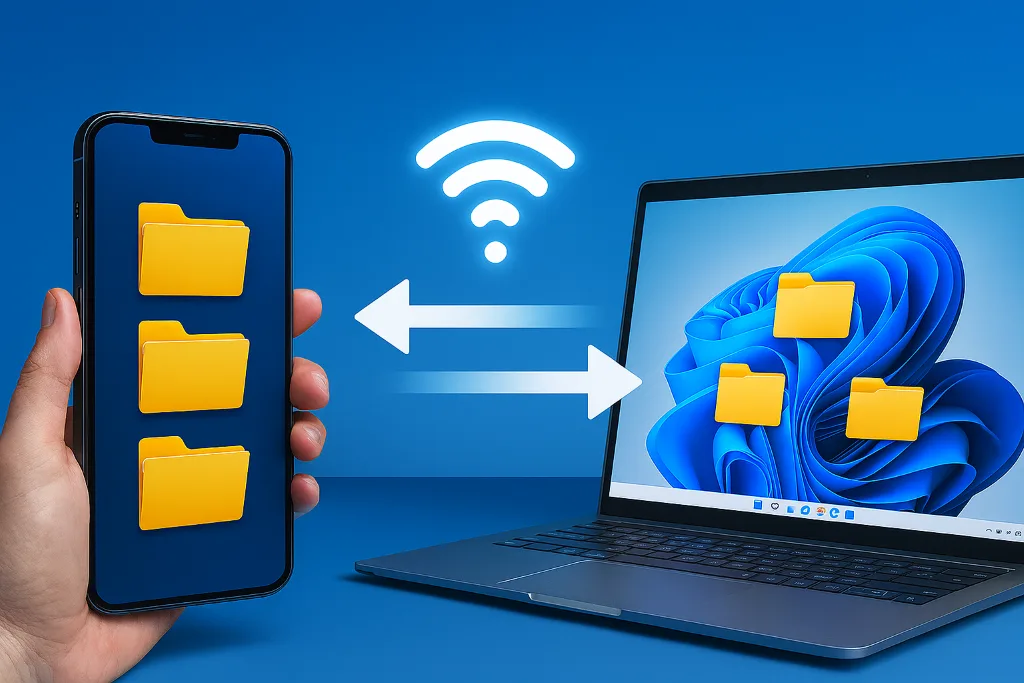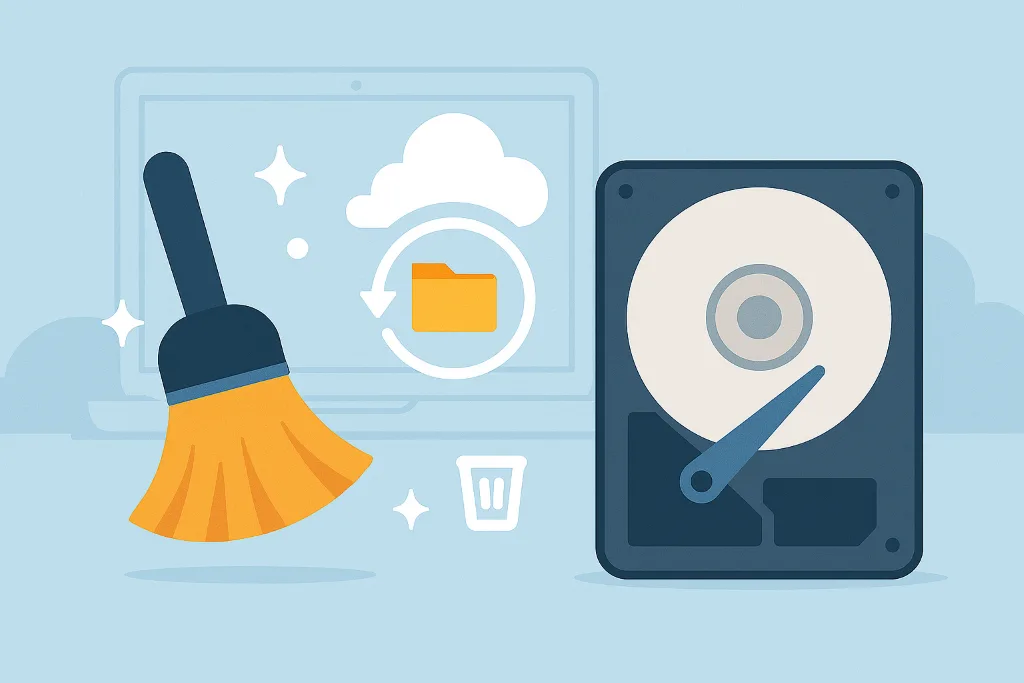The influence of digital technology on human cognition is like a plot in a fictional story that becomes reality. Have you ever found it harder to concentrate on a deep book or had trouble remembering phone numbers without the help of a cell phone? A real phenomenon that has changed the way our brains process information.
These changes are not just subjective impressions. Nicholas Carr, in his bookThe Shallows, proves that the internet and digital devices have not only changed our habits, but it physically reshapes the neural pathways in the brain, pushing us towards a more fragmented and instantaneous mindset.
Nicholas Carr, in his phenomenal book, “The Shallows: What the Internet Is Doing to Our Brains” (Pulitzer finalist 2011), gives a serious warning. He argued that the internet, with all its greatness, fundamentally changing the way our brain works. According to Carr, These changes are not just psychological, but it also involves the physical restructuring of the human brain—a process called neuroplasticity.
Carr's vision of this future was predicted more than a century ago by E.M. Forster in his short stories, “The Machine Stops” (1909). In that dystopia, human life is completely dependent on a Machine, communication is carried out virtually, and face-to-face meetings are considered archaic. When the machine stops, civilization collapsed. This story is no longer just fiction, but rather a reflective mirror for our dependence on digital technology today.
Then, how exactly technology is reshaping our minds? Here it is 7 The influence of digital technology on human cognition, which was inspired by Carr's thinking and the findings of other scientists
List of contents
The Effect of Digital Technology on Human Cognition and Brain
1. Weakening of Deep Concentration Ability (Deep Work)
The internet is designed to absorb our attention. Notifications, hyperlink, and the continuous flow of information trains the brain to be continuous “take samples” information, instead of diving into a topic in depth. As a result, our brains become more easily distracted. Reading long books or completing complex tasks without distraction becomes a greater challenge. We are trained to think broadly but shallowly.1
2. Shift from Internal Memory to External Memory (The Google Effect)
Why have to remember when all the information can be found at a glance? This phenomenon is known as “Google effect.” Our brains naturally start to rely on the internet as “external hard drive.” We become better at remembering where information is stored (for example, search keywords) rather than remembering the information itself. This changes the function of memory from a store of facts to a director of access to facts.2
3. Changes in Reading Patterns: Skimming from Reading
Online reading encourages us to scan (scan) and sweep (skim) text. Our eyes jump around looking for keywords, important points, and hyperlinks, instead of reading it linearly and deeply. This pattern is then carried over when we read other media, such as a book or printed report. We lose patience for complex narratives and layered arguments, because the brain has become accustomed to instant consumption of information.3
4. Weakened Critical and Analytical Thinking Abilities
When we are used to receiving information in the form in which it is presented (like a summary, video explainer, or a list of points), Our brains become less trained to carry out the analysis process on their own. We tend to accept information at face value without elaborating on it, question the source, or relate it to other knowledge. Ability to filter, evaluate, and synthesizing information—the essence of critical thinking—can become dull if rarely sharpened.4
5. Impairment in the Ability to Form Long-Term Memories
Long-term memory formation requires focused attention and a consolidation process. A digital environment full of distractions constantly disrupts this process. The information we consume quickly and fragmentedly often remains only in working memory (short-term memory) before being replaced by new information. As a result, we may have difficulty remembering details or experiences we experience digitally in the long term.5
6. The Searching Brain “Reward” (Dopamine Loop)
Every notification, “like,” or a new discovery on social media triggers the release of dopamine—a neurotransmitter associated with feelings of pleasure and reward. Our brains become addicted to cycles (loop) this and constantly looking for “reward” next digital. This reinforces the habit of multitasking and makes it difficult for us to feel satisfied with monotonous but productive activities, who doesn't give “reward” instant.6
Read more about The impact of excess dopamine in the digital era.
7. Formation of New Neural Pathways: A Faster, Connected Brain
Not all influences are negative. Digital technology also trains the brain to become more efficient at processing complex visual information, make decisions quickly, and do “parallel processing” (such as monitoring several streams of information at once). Our brains develop new neural pathways that make us more agile in navigating the fast-paced digital world. However, this skill often comes at the expense of the ability for contemplation and patience.7
Conclusion

The influence of digital technology on human cognition is an inevitable reality, as predicted by Forster and documented by Carr. Our plastic brain is indeed adapting to its new environment.
The challenge is not to reject technology, but to realize how it shapes us. With this awareness, we can take proactive steps: create “gadget free zone” for deep concentration, retrain the habit of deep reading, and critically choose when to connect and when to disconnect.
The goal is for us, like the implied message from “The Machine Stops,” not to become a slave of the machine we created, but rather remain masters of our own thoughts and concerns.
Read too another interesting article.
Bibliography and Reference Sources
- Ophir, E., Nass, C., & Wagner, A. D. (2009). Cognitive control in media multitaskers. Proceedings of the National Academy of Sciences, 106(37), 15583–15587. https://doi.org/10.1073/pnas.0903620106 ↩︎
- Sparrow, B., Liu, J., & Wegner, D. M. (2011). Google effects on memory: cognitive consequences of having information at our fingertips. Science, 333(6043), 776–778. https://doi.org/10.1126/science.1207745 ↩︎
- Wolf, M. (2018). Reader, Come Home: The Reading Brain in a Digital World. HarperCollins ↩︎
- Carr, N. (2008). Is Google Making Us Stupid?. The Atlantic. https://www.theatlantic.com/magazine/archive/2008/07/is-google-making-us-stupid/306868/ ↩︎
- Drive, K., Knowlton, B. J., & Poldrack, R. A. (2006). Modulation of competing memory systems by distraction. Proceedings of the National Academy of Sciences, 103(31), 11778–11783. https://doi.org/10.1073/pnas.0602659103 ↩︎
- Haynes, T. (2018). Dopamine, Smartphones & You: A battle for your time. Harvard University: The Graduate School of Arts and Sciences. https://sitn.hms.harvard.edu/flash/2018/dopamine-smartphones-you-a-battle-for-your-time/ ↩︎
- Small, G. W., Moody, T. D., Siddarth, P., & Bookheimer, S. Y. (2009). Your brain on Google: patterns of cerebral activation during internet searching. American Journal of Geriatric Psychiatry, 17(2), 116–126. https://doi.org/10.1097/JGP.0b013e3181953a02 ↩︎







